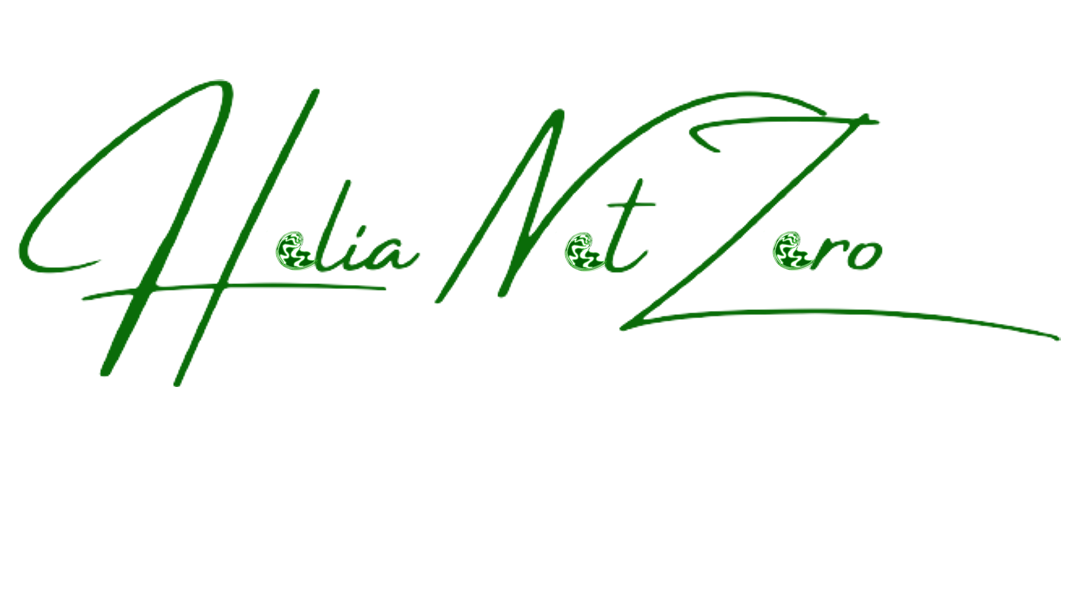Have you tried?
Hard soap
Hard soap generally lasts longer and is cheaper and is zero plastic if you can find it in cardboard rather than plastic wrap. Either way it greatly reduces the amount of plastic waste. Only downside is that it's a bit messier (this can be reduced with a soap dish − you can make one from a leftover coconut shell), and small children modelling with it which can cause minor sink blockages and irritation!
Reusable cotton pads
Reusable cotton wool pads are are made from soft cotton (or bamboo, but see later for reservations about bamboo) and can be washed and reused (in a little bag). They're really good as face wipes for cleansing and save on cotton wool pads. I do still use disposable pads for wiping eyes, just to make sure they are as clean as possible.
Air source heat pump
More straightforward replacement for old oil or gas boiler than ground source heat pump. It runs off electricity and is like a reverse air conditioner. Because it moves heat from one place (the air) to another (the water in your radiators) rather than converting the energy, you can get up to three times the heat for the same amount of electricity. Very efficient!
Rechargeable batteries
Rechargeable AA and AAA batteries. Works well if you start with a few − just things which need replacing plus a charger which can charge both. Then as and when you need more batteries, you can replace with rechargeables. A few items won't work with the lower voltage from rechargeable batteries (we found a clock and an in ear thermometer which don't, although most of our clocks are fine with rechargeables!). The advantage of just replacing them as you go is that you don't ever have to buy many and if you find some things which don't work, you haven't bought unnecessary ones − having a couple charged to replace when others run out, does make it easier. You do have to recharge them, but this is easier than buying new ones!
Children's paper glue
We've tried a couple of options: Firstly Coccocina, which is very green − it comes in a metal pot with wooden brush and you can add extra water when it dries out. Sadly it's not desperately effective when you need it to stick well! It does smell amazing! I do want to try the coccocina stick glue as we've only tried the pot − I'm hoping that might be stickier! Green uhu is an improvement on pritt stick, but not zero plastic, sadly − does actually glue, though!
Crisps/popcorn/snacks
Buy large bags of crisps etc and pop a handful in a tub instead of buying multipacks of small bags. Takes a little longer, but reduces the amount of waste produced. You can even make your own popcorn, which saves even more waste!
Handy storage tubs
Very useful for storing leftovers from a meal, which can then be taken for lunch the following day, used for a meal later in the week, or added to a later meal depending on how much is left. Eg left over spaghetti bolognaise can be turned into chilli or a shepherd's pie.
Silicon reusable greaseproof 'paper'
Saves using a new piece of greaseproof paper every time. Also you can have pieces that fit in all your usual tins, so saves time cutting to size each time. Does need washing, but I often find I don't need to wash the baking tray, so that's always a win!
Leftovers shelf
Have a shelf in your fridge for your leftovers − at eye level if possible! It's worth a quick scan before cooking the next meal in case you can reuse anything (or sometimes eat them up and save cooking at all!).
More clothes indoors!
Wear a hat, fleece (or both!) and have a blanket on the settee before turning up the heating. You lose 70% of your body heat through your head, so a hat is remarkably effective at warming you up. In our house it's often only me who's cold, too, so it's definitely worth me wearing a hat, in spite of the inevitable hat−hair! Having a blanket on the settee means you can have a lovely snuggle when you settle down to watch tv − think how fun it is round a campfire. You're also likely to be colder when you're not moving, so it helps you stay warm when you're sat down.
Repairing
Repair broken cups, toys, electrical items, clothes and shoes if at all possible. Useful tools include superglue, shoegoo, screwdriver (Phillips, flathead), multimeter, electrical tape, wire cutters, chocolate blocks, needle, thread, pins, sewing machine, scraps of material/old t−shirts.
Soap nuts
Soap nuts instead of washing powder − these are the cases of berries which are dried and produce a soapy substance when wet, which helps clean clothes. They are organic, natural, have no plastic waste and have no potentially harmful chemicals to end up in the water supply (or on clothes). We have many fewer issues with eczema, they don't have any perfume and they are good at getting the smell of urine out of reusable nappies/bedsheets (they are much better at this than our previous low plastic, sustainable option)! They don't get whites especially white (they're no worse at this than our previous option), but if you're used to the optical brighteners in standard washing powder, this might be a disappointment.
